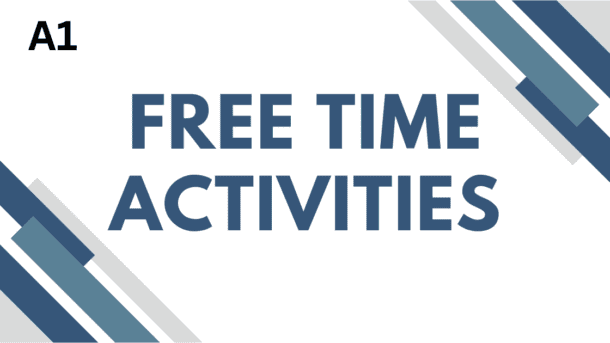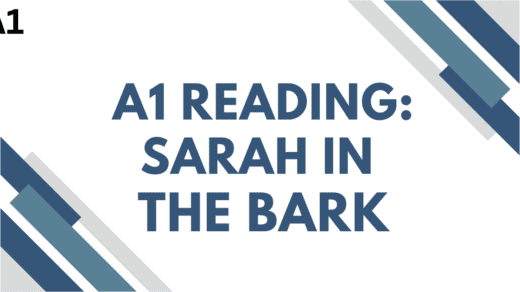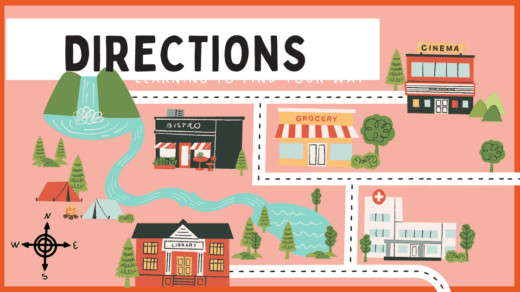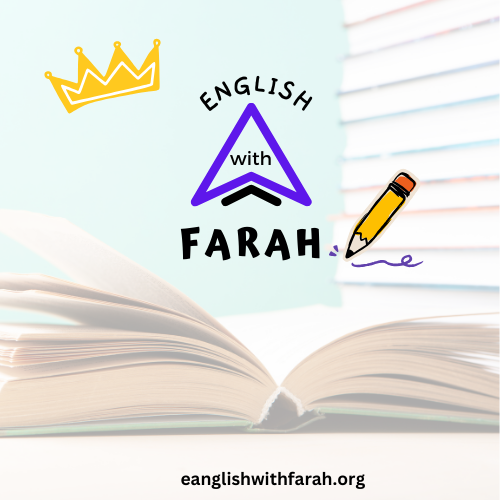This Free Time Activities lesson aims to teach vocabulary, grammar, and communication skills by allowing learners to express their interests and experiences associated with free time activities.
Free time, also known as leisure time, refers to periods when individuals are not working or engaged in other obligations. It is a time for relaxation and enjoyment.
Vocabulary Related to Free Time Activities:
Common Activities:
- Reading: Enjoy books, articles, or magazines.
- Watching TV / Movies: Viewing different genres like drama, comedy, or documentaries.
- Playing Sports: Engaging in activities such as soccer, basketball, or tennis.
- Listening to Music: Enjoying various genres like pop, classical, or rock.
- Hiking: Walking in nature, often in the mountains or parks.
- Traveling: Visiting different places for leisure.
- Cooking / Baking: Preparing meals or sweets as a hobby.
- Gardening: Growing plants or flowers.
- Hobbies: Activities you enjoy doing in your free time (e.g., painting, gardening, cooking).
- Leisure Activities: More casual activities are often done for fun (e.g., watching movies, or playing video games).
- Recreation: Engaging in physical activities or sports (e.g., hiking, swimming).
- Socializing: Spending time with friends or family (e.g., going out for coffee, attending events).
- Relaxation: Activities that help you unwind (e.g., reading, meditating).
Types of Free Time Activities
- Creative Hobbies: Painting, writing, crafting, playing an instrument.
- Physical Activities: Sports, yoga, dancing, working out.
- Social Activities: Dinner parties, game nights, movie marathons with friends.
- Outdoor Activities: Camping, cycling, going to the beach, gardening.
- Intellectual Activities: Reading books, learning new languages, attending workshops.
Phrasing Your Free Time Activities
Learn how to express what you do in your free time using simple sentence structures:
- I enjoy (activity): “I enjoy playing guitar.”
- In my free time, I like to (activity): “In my free time, I like to read novels.”
- I often (activity): “I often go hiking on weekends.”
- I prefer (activity): “I prefer watching movies over series.”
- My favorite (activity): “My favorite pastime is painting.”
- I love (activity): “I love spending time outdoors.”
Asking About Free Time
Engage in conversation by asking others about their free time activities. Use questions like:
- What do you like to do in your free time?
- How do you like to spend your weekends?
- Do you have any hobbies?
- Do you prefer spending your free time indoors or outdoors? Why?
Sample Answers:
- “In my free time, I like to read and go for walks.”
- “I usually watch movies with friends on the weekend.”
Grammar Focus
- Present Simple Tense: Used to express habits and routines.
- Example: “I read books on weekends.”
- Frequency Adverbs: Words like “often,” “usually,” “sometimes,” and “never” to describe how often activities are done.
- Example: “I usually watch movies on Fridays.”
- Likes and Dislikes: Using “like,” “love,” “enjoy,” “hate,” etc.
- Example: “I love cooking, but I hate running.”
Expressing Time and Planning
Learn to discuss your plans by using future tenses:
- I am going to (activity): “I am going to visit my friend this weekend.”
- I will (activity): “I will start a new book tonight.”
- I plan to (activity): “I plan to take a cooking class next month.”
Free Time Activities: Example Q&A
Q1: What do you usually do on weekends?
A1: On weekends, I usually go hiking with friends or relax at home watching movies.
Q2: Do you prefer indoor or outdoor activities? Why?
A2: I prefer outdoor activities because I enjoy being in nature and staying active.
Q3: Can you share a memorable experience related to a hobby?
A3: Last summer, I went camping for the first time, and I loved roasting corn by the fire and stargazing.
Q4: What new hobby would you like to try, and why?
A4: I would like to try photography because I want to learn how to capture beautiful moments.
Dialogue: Free Time Activities
Alex: Hey Jamie! How do you usually spend your free time?
Jamie: Hi Alex! I love reading books and going for hikes. What about you?
Alex: I enjoy playing video games and watching movies. Do you have a favorite book genre?
Jamie: Yes, I really like science fiction. It sparks my imagination! What games do you play?
Alex: I mainly play action and adventure games. They’re super exciting! Have you ever tried gaming?
Jamie: I’ve tried a few games with friends, but I prefer outdoor activities. What’s your favorite movie?
Alex: I’m really into thrillers. They keep me on the edge of my seat! Do you ever watch movies?
Jamie: Sometimes. I like to watch documentaries. They’re both entertaining and educational. What do you do to relax after a long day?
Alex: I usually play a couple of game rounds or binge-watch a series. How about you?
Jamie: I like to go for a walk or listen to music. It helps me unwind. Are there any new hobbies you’d like to start?
Alex: I’ve been thinking about trying cooking. I want to make my favorite dishes! What about you?
Jamie: I want to learn pottery. It seems fun and creative!
Alex: That sounds amazing! We should plan a day where we try our new hobbies together.
Jamie: Definitely! Let’s make it happen soon.
Conclusion
Understanding how to talk about Free Time Activities enhances your conversational English and allows you to connect with others. Practice using the vocabulary, sentence structures, and questions in everyday conversations, and don’t hesitate to explore and share your interests! Remember, the key to mastering any aspect of a language is regular practice. Enjoy exploring your free time activities in English!




